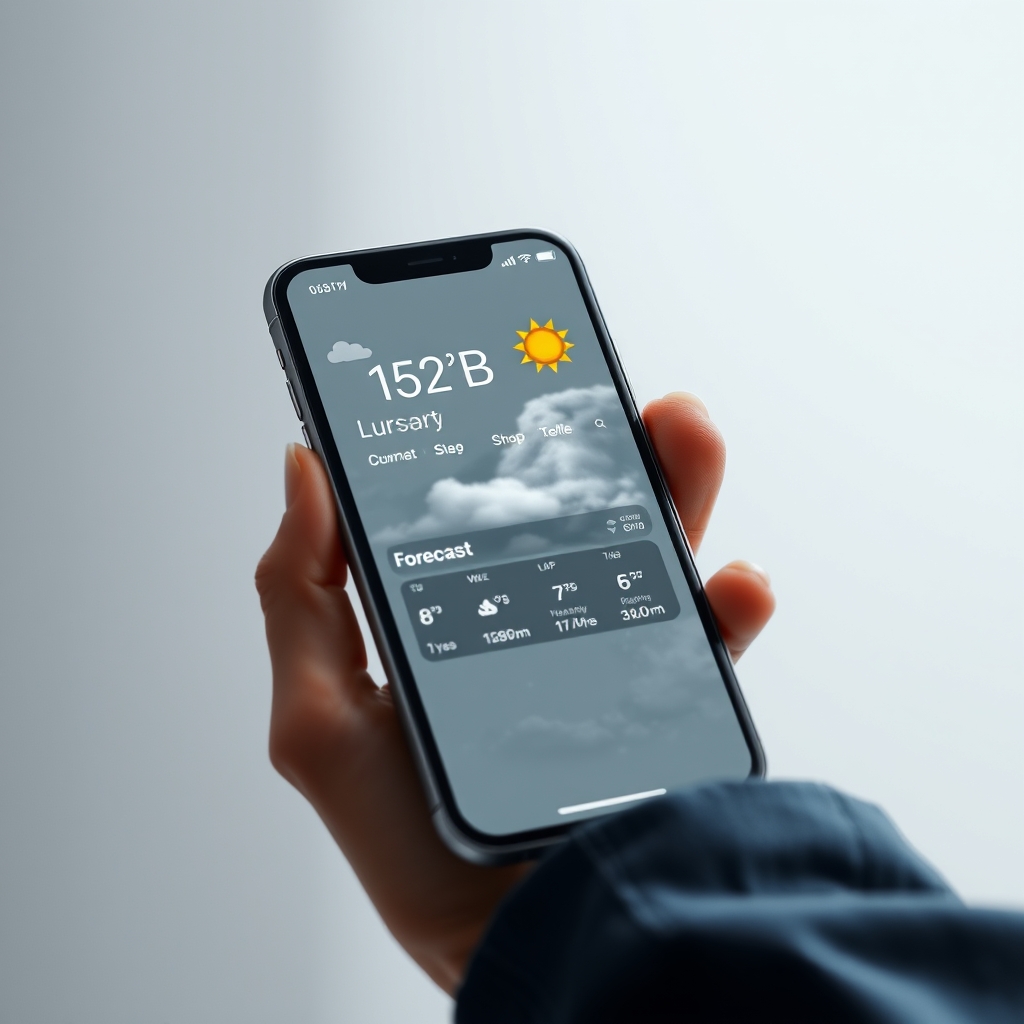Weather API vs Accurate Weather Forecasts by ZIP Code API: Which API is Best for Integrating Weather Features in Mobile Apps?

In the world of mobile app development, integrating weather features can significantly enhance user experience. Developers often face the challenge of choosing the right API to provide accurate and timely weather information. In this blog post, we will compare two prominent APIs: the Weather by Zip API and the Accurate Weather Forecasts by ZIP Code API. Both APIs offer unique features and capabilities that cater to different use cases, making it essential to understand their strengths and weaknesses.
Overview of Both APIs
The Weather by Zip API is designed to provide current weather data for U.S. cities based on their zip codes. This API is particularly useful for applications that require real-time weather updates, such as travel apps or local news platforms. It allows developers to retrieve essential weather information with minimal effort.
On the other hand, the Accurate Weather Forecasts by ZIP Code API leverages data from the National Weather Service and other reliable sources to deliver detailed meteorological information. This API is ideal for applications that need comprehensive weather data, including forecasts and alerts, making it suitable for industries like agriculture and event planning.
Side-by-Side Feature Comparison
| Feature | Weather by Zip API | Accurate Weather Forecasts by ZIP Code API |
|---|---|---|
| Data Retrieval | Current weather data by zip code | Detailed weather forecasts and alerts |
| Response Format | JSON | JSON |
| Key Fields | City, State, TempF, Weather, WindMPH, RelativeHumidity | City, State, TempF, Weather, WindMPH, RelativeHumidity, Sunrise, Sunset |
| Use Cases | Travel apps, local news | Agriculture, event planning |
Example Use Cases for Each API
The Weather by Zip API is particularly beneficial for applications that require quick access to current weather conditions. For instance, a travel app can use this API to provide users with real-time weather updates for their destination, enhancing their travel experience. By simply calling the endpoint with a zip code, developers can retrieve essential weather data, such as temperature and conditions, allowing users to plan their activities accordingly.
In contrast, the Accurate Weather Forecasts by ZIP Code API is well-suited for applications that need to provide detailed weather forecasts. For example, an agricultural app can utilize this API to send alerts to farmers about upcoming weather conditions, helping them make informed decisions about planting and harvesting. The API's ability to provide comprehensive data, including sunrise and sunset times, allows for better planning in agricultural activities.
Performance and Scalability Analysis
When it comes to performance, both APIs are designed to handle a significant number of requests efficiently. The Weather by Zip API excels in providing quick responses for current weather data, making it ideal for applications that require immediate updates. Its straightforward implementation allows developers to integrate it seamlessly into their applications.
The Accurate Weather Forecasts by ZIP Code API, while slightly more complex due to its comprehensive data offerings, is also built for scalability. It can handle multiple requests simultaneously, making it suitable for applications that need to provide weather information to a large user base. Developers can leverage its detailed data to enhance user engagement and provide valuable insights.
Pros and Cons of Each API for Weather Features
Weather by Zip API
- Pros:
- Simple and quick access to current weather data.
- No limitations on API calls per month.
- Easy integration for developers.
- Cons:
- Lacks detailed forecasting capabilities.
- Limited to current weather data only.
Accurate Weather Forecasts by ZIP Code API
- Pros:
- Provides detailed weather forecasts and alerts.
- Utilizes reliable data sources for accuracy.
- Supports a wide range of use cases.
- Cons:
- More complex implementation compared to Weather by Zip API.
- May require additional handling for detailed data.
Final Recommendation
Choosing the right API depends on the specific needs of your application. If your primary requirement is to provide users with quick access to current weather conditions, the Weather by Zip API is the better choice due to its simplicity and ease of integration. It is particularly suitable for travel apps and local news platforms that need real-time updates.
However, if your application requires detailed weather forecasts and alerts, the Accurate Weather Forecasts by ZIP Code API is the superior option. Its comprehensive data offerings make it ideal for industries such as agriculture and event planning, where understanding weather patterns is crucial for decision-making.
In conclusion, both APIs offer valuable features for integrating weather functionalities into mobile applications. By understanding their strengths and weaknesses, developers can make informed decisions that align with their project requirements, ultimately enhancing user experience and engagement.





